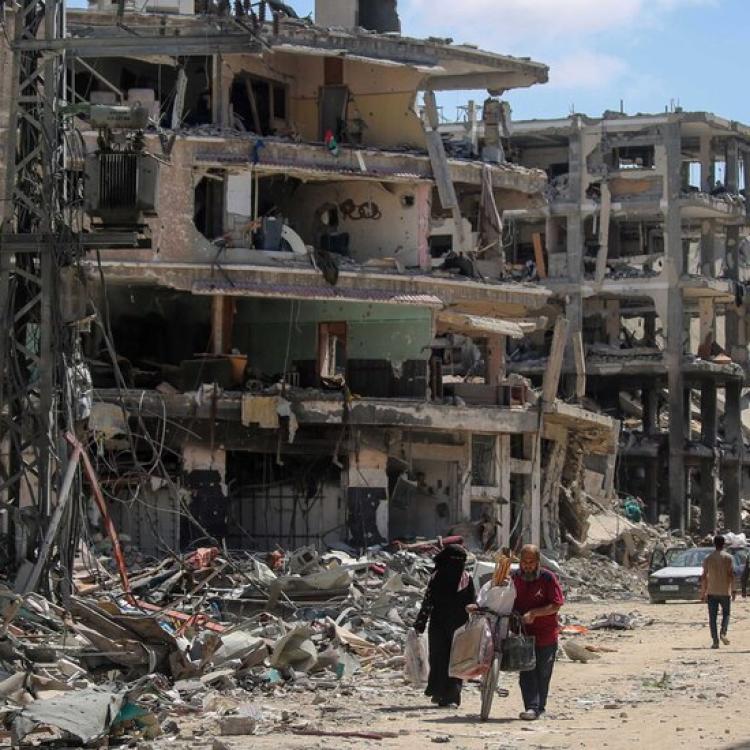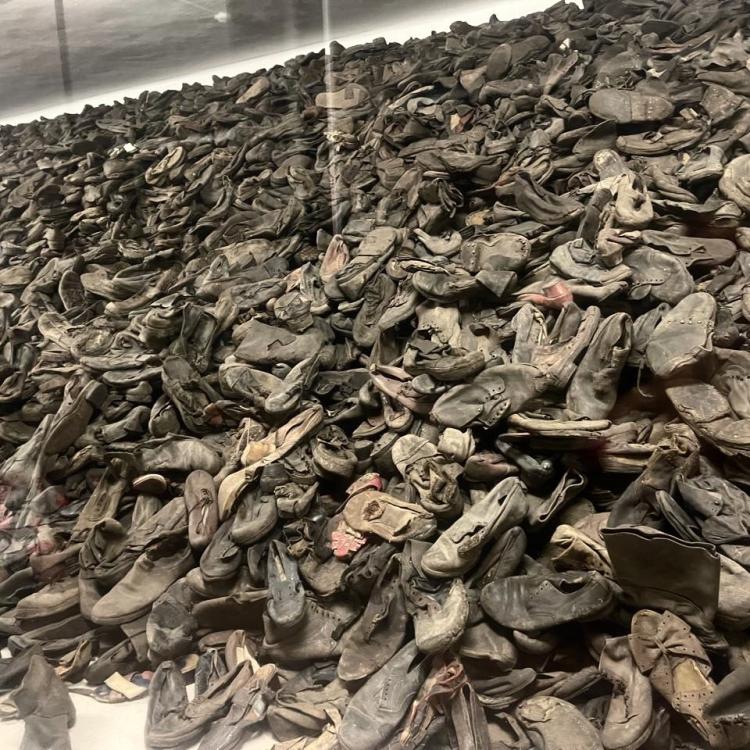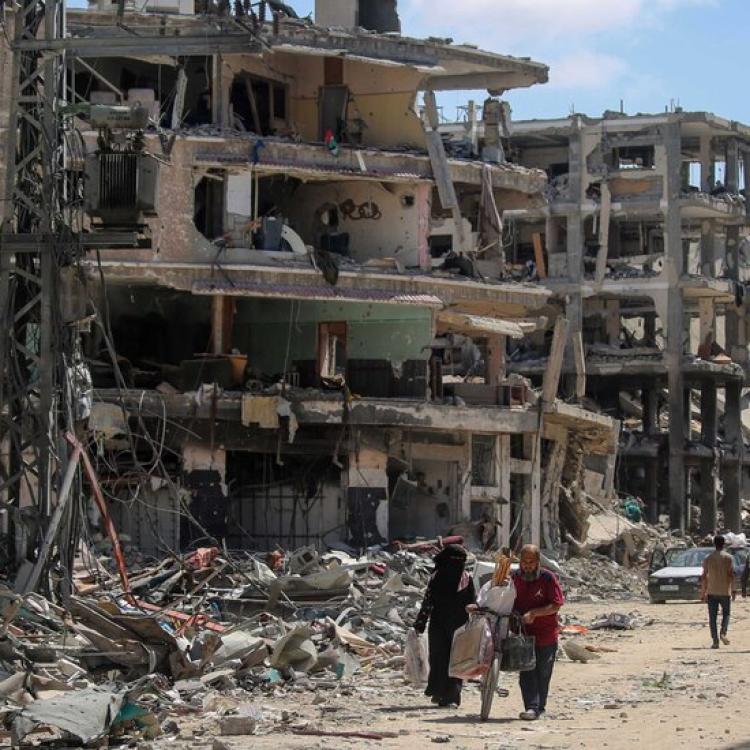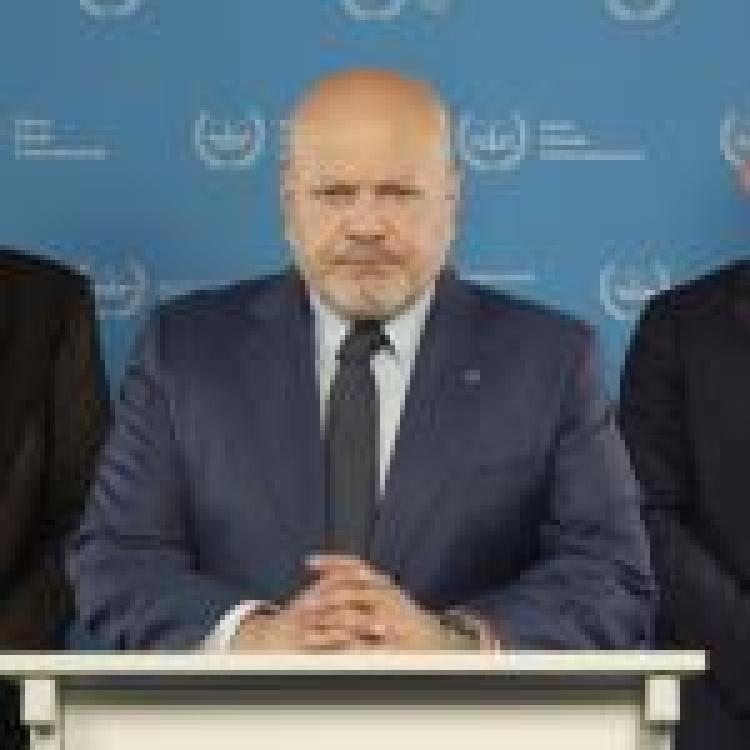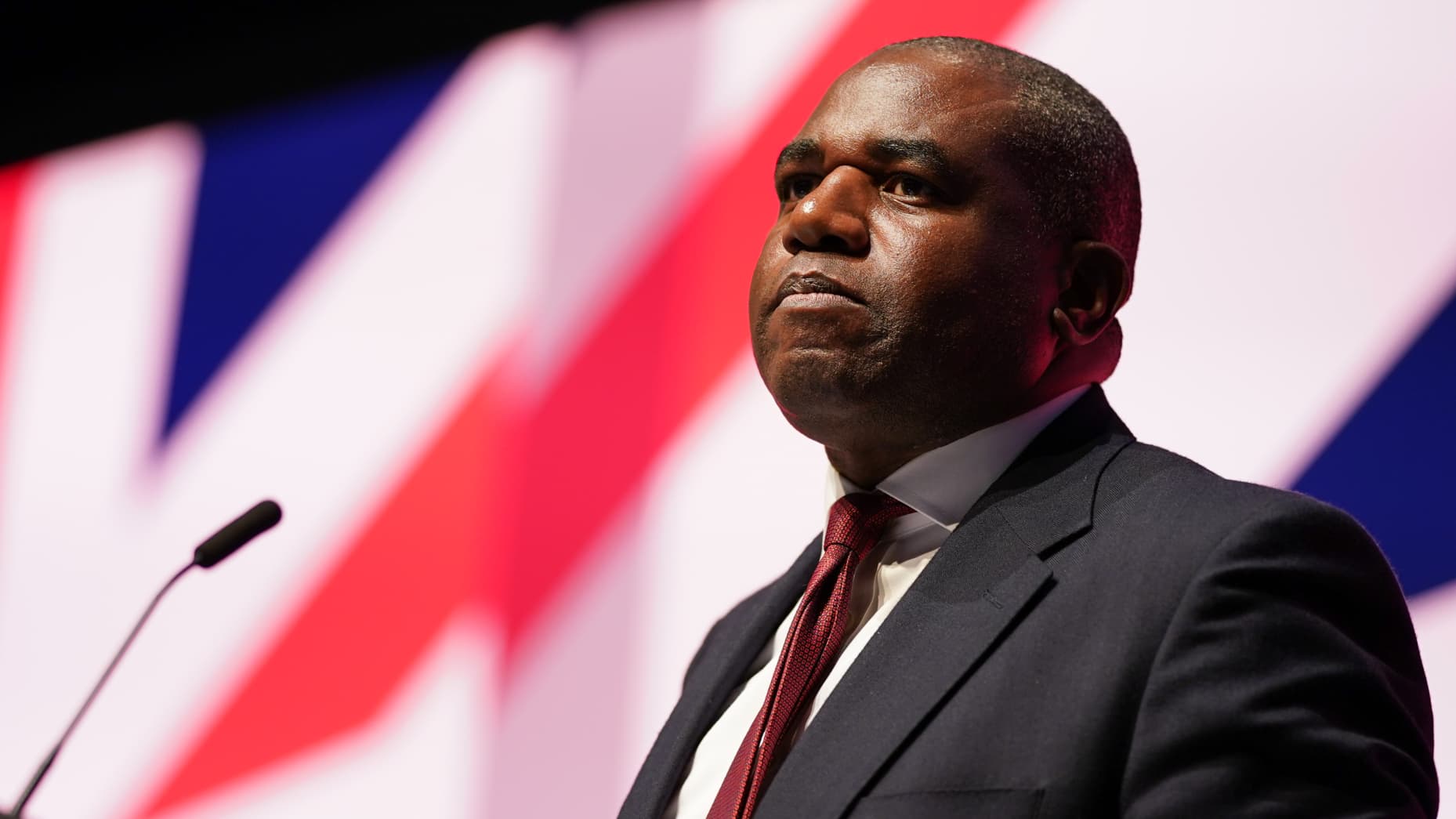
The UK Government announced it has suspended 30 arms exports of its 350 export licenses to Israel over 'International Humanitarian Law concerns' in Gaza.
Following a review of Israel’s compliance with international humanitarian law., the UK has decided to suspend some arms export licenses to Israel. The licenses relate to items for the Israel Defence Forces (IDF) for the use in Gaza. The recent UK assessment concluded that there is 'clear risk' military exports to Israel may be used in international humanitarian law violations.
The UK's vigorous export licensing criteria states that the government will not issue export licenses if the arms 'might' be used to commit or facilitate serious violations of international law, holding a high threshold for export licenses. Yet, this suspension of 30 arms export licenses follows after almost a year since South Africa alleged that Israel was committing genocide against Palestinians at the International Court of Justice in December 2023.
However, the Government continued to reiterate in the release that "the suspension will not change the UK’s steadfast support for Israel’s security, and the decision will be kept under review.".
Foreign Secretary David Lammy has travelled to Israel twice since his appointment to help assess the conflict on the ground. The list of newly suspended items includes important components which go into military aircraft, including fighter aircraft, helicopters and drones, as well as items which facilitate ground targeting that could be used in Gaza. The other export licenses refer to 'non-military' assessed items such as food-testing chemicals, telecoms and data equipment.
This UK suspension breaks co-ordination with the US Biden administration of their policy towards Israel. It is suggested that by the UK declaring "clear risk" of international law violations, there could be strain with the Biden administration as well as Republicans with Donald Trump as both have deemed there to be "no basis in international humanitarian law to suspend arms exports", which is now contrary to the UK government's current assessment.
Sanctions were also announced against 3 individuals belonging the Islamic Revolutionary Guard Corps-Quds Force and an IRGC unit, for threatening the stability of the Middle East as the region battles threats of a wider conflict. These individuals are said to seek to destabilise the region by sponsoring and providing weapons to Iranian proxy groups and partners across the region such as Hizbullah. Just last month, the political leader of Hamas, Ismail Haniyeh was killed in a targeted strike abroad in Tehran, Iran. Although Israel declined to comment on his assassination, it is widely acknowledged as an Israeli operation. Iran's supreme leader has vowed that “we consider his revenge as our duty” and to make “terrorist occupiers regret their cowardly action”.

